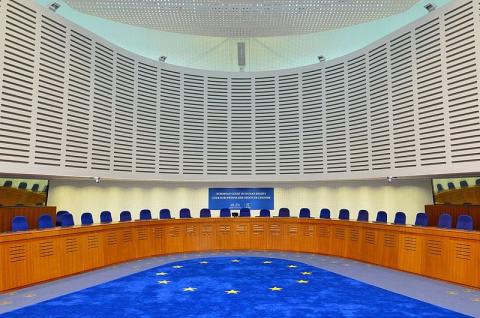
Today the First Section of the European Court of Human Rights held by 6 votes to 1, that there had been no violation of Article 8 of the Convention taken alone and also by 6 votes to 1, that there had been no violation of Article 14 in conjunction with Article 8 of the Convention. Only Judge Felici delivered his dissent opinion by citing Dworkin.
The applicant was diagnosed with amyotrophic lateral sclerosis (ALS). No therapy offers a substantial clinical benefit for patients with ALS. The main care for patients with ALS is timely intervention to manage symptoms, including use of nasogastric feeding, the prevention of aspiration and provision of ventilatory support. The applicant claimed that he would soon be completely paralyzed and would be unable to communicate. As he said he “would be “imprisoned in his own body without any prospect of release apart from death” and his existence will consist almost exclusively of pain and suffering. He wished to end, or shorten to a minimum, this phase of his disease by availing himself of some form of physician-assisted dying; however, neither euthanasia nor assisted suicide are legal in Hungary.
Although the Court did not see the violation of the applicants’ human rights, the Court wanted to examine all circumstances, laws, guidelines, professional standards. One specific aspects of this case that the Court held an expert hearing on 27th of November in 2023. The Court heard evidence from Professor Régis Aubry, who is a hospital-based doctor responsible for a palliative care unit at the Besançon Regional University Hospital and a member of the French National Ethics Advisory Committee. Professor Aubry was also a member of the group appointed to prepare a draft version of the Committee on Bioethics of the Council of Europe’s guide on the decision-making process regarding medical treatment in end-of life situations. On the same day, the Court also heard evidence from Professor Judit Sándor, who is a professor at the Central European University in Vienna, a member of the Board of Governors of the World Association for Medical Law, and the director of the CEU Centre for Ethics and Law in Biomedicine in Budapest. Both experts replied to the questions posed by judges and representatives of both parties.